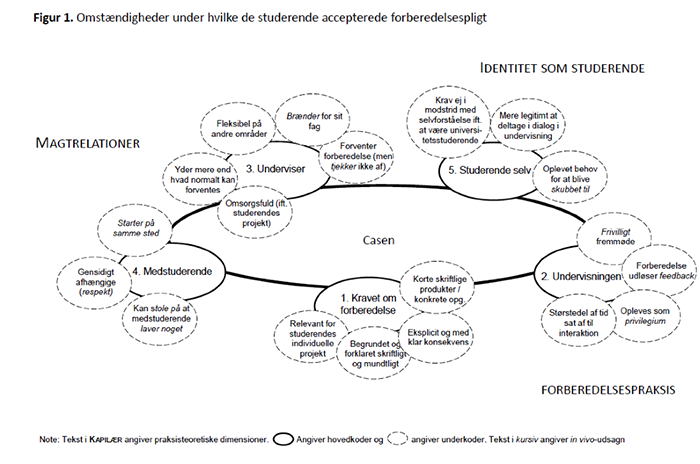Teaching practices which promote responsibility for own learning
Purpose/research question
The objective of the project is twofold. Firstly, to provide knowledge which allows teachers to make best use of the time they spend with students. Secondly, to contribute to university educational research literature focusing on teaching as a social practice.
The following research questions are raised:
How do teaching practices affect students' willingness to take responsibility for their own learning? What can be done to support and promote the students' willingness to take responsibility for their own learning?
Background
A university degree programme is largely borne by the students’ willingness and ability to take responsibility for their own learning. This is expressed, for example, when students take responsibility for studying between classes and for participating actively in teaching. Many students are capable of this, but research also shows that some students find it difficult to handle the great freedom that accompanies a university degree. However, ability and willingness to take responsibility for own learning is not only about the student as an individual. It is also an expression of better socialisation during the degree programme. More specifically, the social practices that exist at any time related to teaching and studying on a given degree programme.
Data/methodology
The survey will be based on semi-structured interviews with teachers and students as well as on observations of teaching attended by the interviewed teachers and students. Data will be collected and analysed for six programmes, each of which will form a separate case.
In addition to analysing each case, we will carry out a cross-disciplinary analysis to identify whether any teaching practices (across programmes) are more suitable to promote students’ willingness and possibility to take responsibility for their own learning.
Results and perspectives
So far, one case study has been carried out with a teacher and the teacher’s students from a humanistic Bachelor’s project seminar ((Herrmann & Bager-Elsborg 2018, read case study here). The teacher had introduced a preparatory task, which the students found legitimate and which they reported had had a positive impact on their preparation prior to participating in the teaching. The analysis showed the circumstances under which the teacher succeeded in promoting the students’ ability and willingness to take responsibility for their own learning:
(1) Clear and reasoned preparation
(2) Teaching based on the students' input and with students as the main driver
(3) A teacher who was perceived as dedicated and caring with regard to the students’ academic development
(4) Mutual trust between the students
(5) Students who experienced a need for a ‘push’ and that such push had an effect
The analysis is presented in the figure below.

Source: Herrmann, K. J., & Bager-Elsborg, A. (2018). Når forberedelse er en pligt, og undervisningen er et privilegium: et casestudie af universitetsstuderendes forberedelsespraksis (When preparation is a duty and teaching is a privilege: a case study of university students' preparation practice). Dansk Universitetspædagogisk Tidsskrift, 13(24), 37-54.
Perspectives
The only study so far suggests that teachers can have a significant impact on social practices relating to teaching, and that it is possible for teachers to influence students’ willingness and ability to take responsibility for their own learning.
By identifying best practices, the project can contribute to teaching staff at Aarhus BSS reconsidering and perhaps developing their own teaching practice to support their students' ability and willingness to take responsibility for their own learning - a crucial prerequisite for the quality of the programme and for the individual student's knowledge, skills and competences.